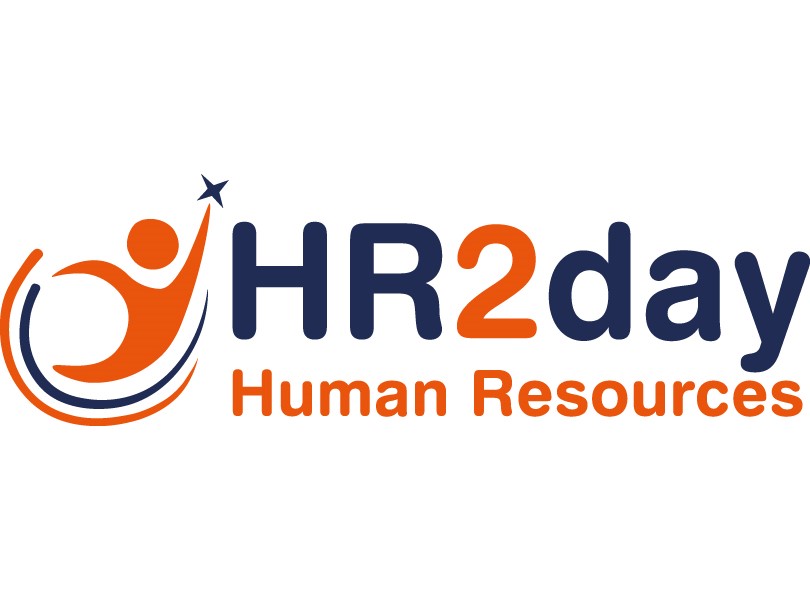
Dealing with unprecedented employee absence levels

It has been widely publicised recently in the media that employee absenteeism has reached a 20 year high. This unprecedented rise can stem from various factors, including health concerns, remote work challenges, and personal stressors. As organisations grapple with this challenge, it’s crucial to adopt effective strategies to manage and mitigate the impact of employee absences.
In this blog we have a look at the reasons behind the surge and offer actionable solutions to address this issue head-on.
Understanding the Rise in Employee Absences:
Health and Safety Concerns: The ongoing global health crisis has heightened concerns about personal health and safety, leading employees to prioritise their well-being over work commitments.
Remote Work Challenges: While offering flexibility has its own set of challenges, isolation, blurred work-life boundaries, and technology-related stress can contribute to employee burnout and absenteeism.
Mental Health Impact: The pandemic has brought to light the significance of mental health, and employees are more inclined to take time off to manage stress, anxiety, and other mental health issues.
Strategies to Tackle Employee Absence:
Open Communication Channels: Foster a culture of open communication where employees feel comfortable discussing their challenges and concerns. Encourage regular check-ins and provide platforms for anonymous feedback.
Flexible Work Arrangements: Offer flexible work options that accommodate employees’ personal needs. This could involve adjusted schedules, reduced hours, or hybrid work models.
Wellness Initiatives: Implement wellness programs that address both physical and mental well-being. Provide resources such as counselling services, stress management workshops, and fitness incentives.
Clear Remote Work Policies: If remote work is part of your company’s strategy, establish clear guidelines for remote work expectations and boundaries. Provide the necessary tools and support to ensure a productive remote work environment.
Recognise and Reward: Acknowledge and reward employees who consistently meet their responsibilities despite challenging circumstances. Recognition can boost morale and encourage sustained engagement.
Employee Development: Invest in employee growth and development. Opportunities for skill enhancement and career advancement can increase motivation and commitment to the organization.
Addressing Absenteeism at a Managerial Level:
Lead by Example: Managers should prioritise their own well-being and model a healthy work-life balance. This encourages employees to follow suit.
Regular Check-Ins: Maintain open lines of communication with team members. Regular check-ins can help identify potential issues and provide opportunities for support.
Empathetic Leadership: Show understanding and empathy towards employees’ challenges. This fosters trust and demonstrates your commitment to their well-being.
Performance Management: Address absenteeism issues through performance management conversations. Focus on understanding the underlying reasons and collaboratively find solutions.
By acknowledging the diverse challenges that contribute to absenteeism, fostering a culture of well-being, and providing the necessary support, companies can navigate this situation with resilience. In these challenging times, an investment in employee well-being is an investment in the long-term success of the organisation.
If you would like to have a chat about outsourcing your HR function or supporting your HR team, please contact the HR2day team on 01325 288 299 (opt 2) or email helpdesk@hr2day.co.uk.
By HR2day
345 Views
Recent Posts
- Explore the Impact of Verifying Carbon Capture Technologies
- ITS wins Supplier of the Year at the ISPE UK Affiliate Annual Awards
- Cembre MG4 | The Newest Thermal Printer for Identification & Labelling | Available From Thorne & Derrick
- Share your expertise at ICPVT15: International Conference on Pressure Vessel Technology
- Minimising GWR Probe Build Up with the Magnetrol Eclipse 706
Back to News >



